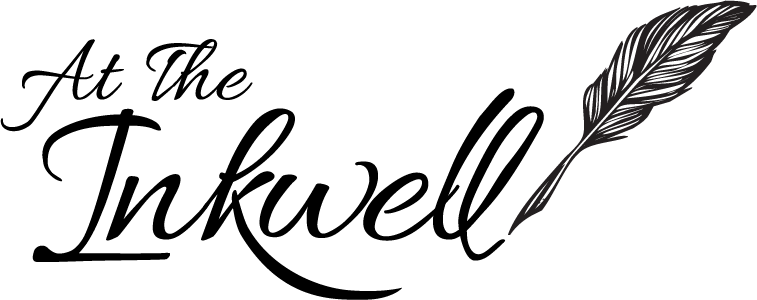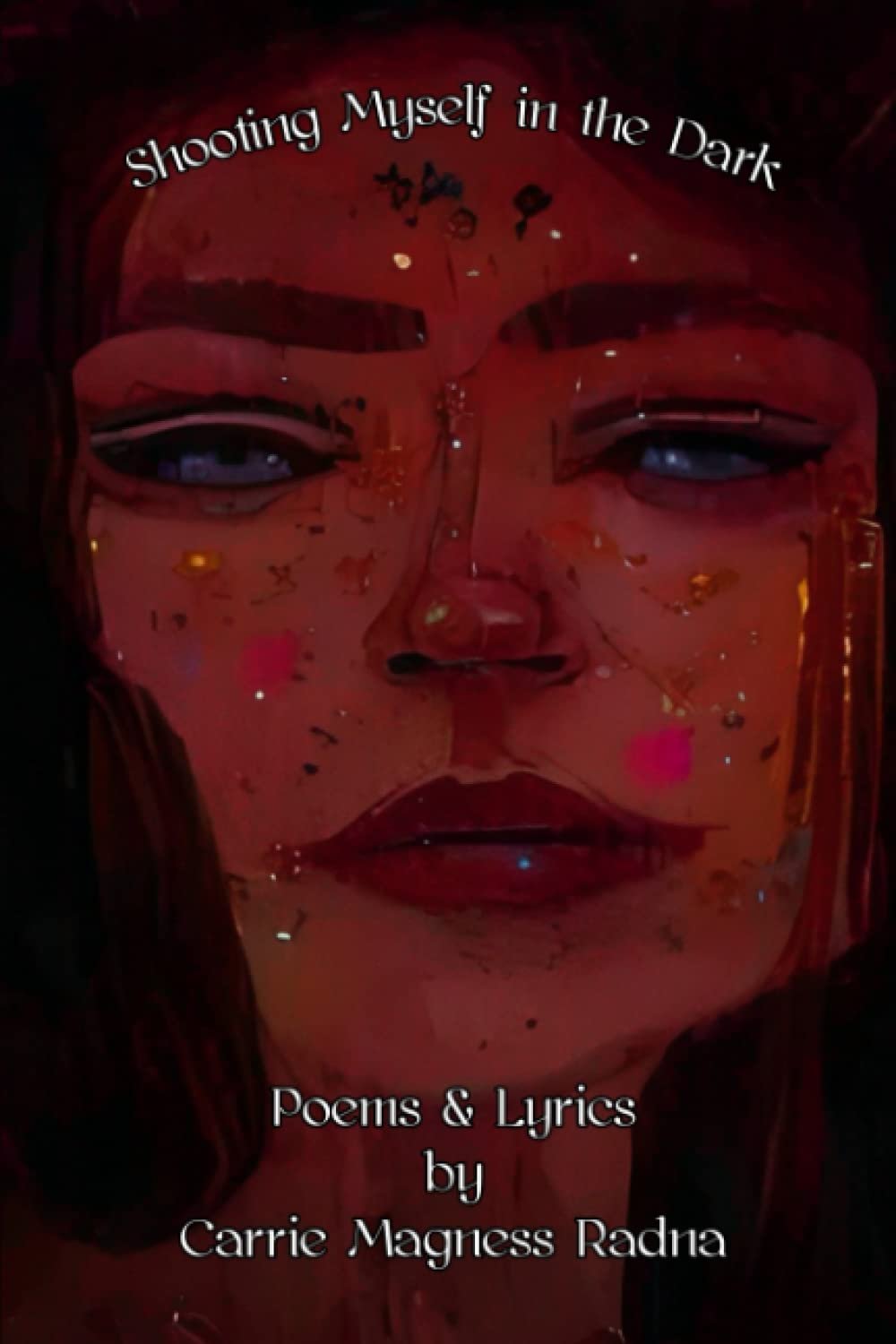Shooting Myself in the Dark
Shooting Myself in the Dark
by Carrie Magness Radna (Cajun Mutt Press, $12.99)
“I can shoot holes/ into everything I’ve done,/ but sometimes I end up/ shooting myself in the dark”
If you ever want to get into a bar fight, a good instigating question may be, are song lyrics poetry? It seems like most everyone has an opinion on this and very few of those opinions are dispassionate. For some, Bob Dylan and Nas are a modern-day Wordsworth and Shelley. For others, poetry and songwriting are two distinct art forms measured by different standards. There is absolutely no way your humble reviewer will ever answer this question or resolve this controversy in a book review. But I often found myself contemplating these topics while reading Carrie Magness Radna’s new book Shooting Myself in the Dark.
The full title of the book is Shooting Myself in the Dark: Poems & Lyrics. A few of the pieces read like lyrics to popular songs and reminded me of the liner notes on my favorite records. They contain lines repeating throughout like choruses. “I used to think words came from the angels/ but now I know they come from between two worlds” are two such lines in the poem “Lou”, an homage of sorts to Velvet Underground singer and solo rock sensation Lou Reed. In fact, the book is filled with pop and rock references, from Fleetwood Mac to Liz Phair. Radna is steeped in musical knowledge and you can see that influence in the rhythmic sensibilities of her work.
Something that stood out to me about many of the poems was the tone. Somehow, Radna manages to write lines that are both casual and disturbing. “I’m no pretty mental patient, man!/ This is the first year in a long time/ I didn’t want to kill myself.” As I was reading Shooting Myself in the Dark, I often felt like I was catching up with an old and trusted friend at our favorite café, talking unabashedly about our lives, “thanks to Covid. I forget/ to brush, or wear lipstick,/ & my gums are killer, man.” These conversational poems were refreshingly easy to enter into.
In addition to a casual tone, there is also soothing imagery in this collection. “Sound/ is the most intimate sense—/ podcasts whisper in my ear until noon.” Many of these poems felt designed to cuddle with. That may not appeal to everyone. Indeed, there were moments when I wished the poet had provided more details, especially about the characters in her poems, to help readers understand them.
What I really admired about the book was Radna’s use of forms. The book has ghazals, pantoums, and an Awdl Gywydd. All of them are accomplished works adhering to and thriving within formal constraints. “Our love goes through these membranes./ How insane! We’re stuck in town” she writes in “Start (an Awdl Gywydd)”. Perhaps it is her knowledge of music that allows Radna to play so confidently with poetic forms. For my part, this review may have failed to resolve the controversy of whether song lyrics are in fact poems but I will say that at its best, Radna’s work possesses all the soft power of a classic love song.
Benjamin Schmitt
Benjamin Schmitt is the author of four books, most recently The Saints of Capitalism and Soundtrack to a Fleeting Masculinity. His poems have appeared or are forthcoming in Sojourners, Antioch Review, The Good Men Project, Hobart, Columbia Review, Spillway, and elsewhere. A co-founder of Pacifica Writers’ Workshop, he has also written articles for The Seattle Times and At The Inkwell. He lives in Seattle with his wife and children.


